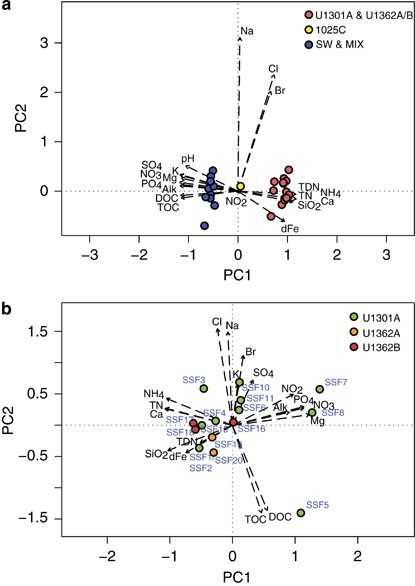- Select a language for the TTS:
- UK English Female
- UK English Male
- US English Female
- US English Male
- Australian Female
- Australian Male
- Language selected: (auto detect) - EN
Play all audios:
MODULATION of neuronal excitability by regulation of K+ channels potentially plays a part in short-term memory1 but has not yet been studied at the molecular level. Regulation of K+ channels
by protein phosphorylation2–5 and oxygen6 has been described for various tissues and cell types; regulation of fast-inactivating K+ channels mediating IK(A) currents has not yet been
described. Functional expression of cloned mammalian K+ channels7–13 has provided a tool for studying their regulation at the molecular level. We report here that fast-inactivating K+
currents mediated by cloned K+ channel subunits derived from mammalian brain expressed in Xenopus oocytes are regulated by the reducing agent glutathione. This type of regulation may have a
role in vivo to link metabolism to excitability and to regulate excitability in specific membrane areas of mammalian neurons.
Martin Stacker and Olaf Pongs: Ruhr Universität Bochum, Lehrstuhl für Biochemie, D-4600 Bochum, Germany
Stefan H. Heinemann: Max-Planck-lnstitut für Biophysikalische Chemie, Abteilung Membranbiophysik, D-3400 Göttingen, Germany
Rainer Frank: Zentrum für Molekulare Biologie, D-6900 Heidelberg, Germany
Max-Planck-lnstitut für medizinische Forschung, Abteilung Zellphysiologie, Jahnstrasse 29, D-6900, Heidelberg, Germany
J. Peter Ruppersberg, Martin Stacker, Olaf Pongs, Stefan H. Heinemann, Rainer Frank & Michael Koenen
Anyone you share the following link with will be able to read this content:






